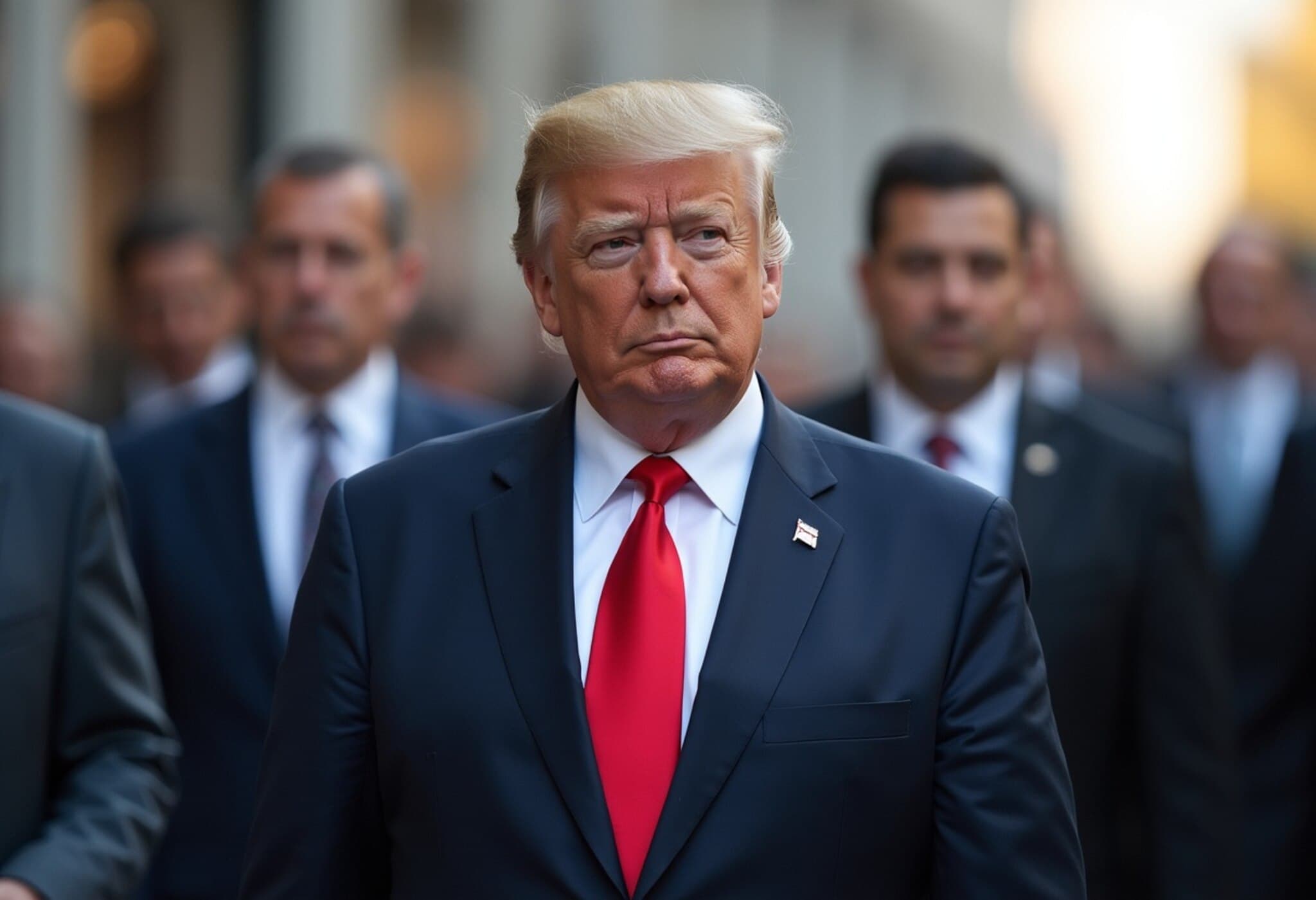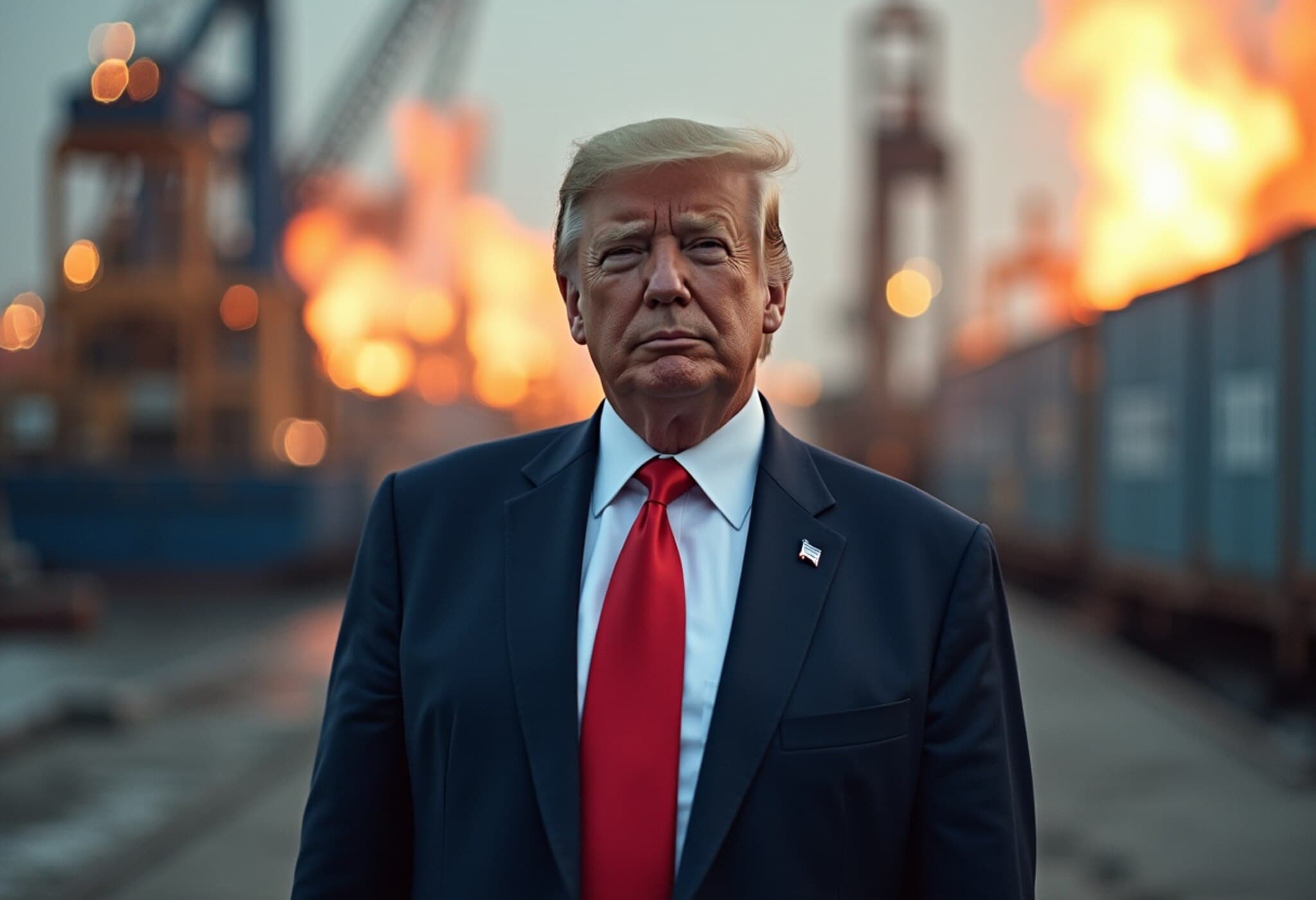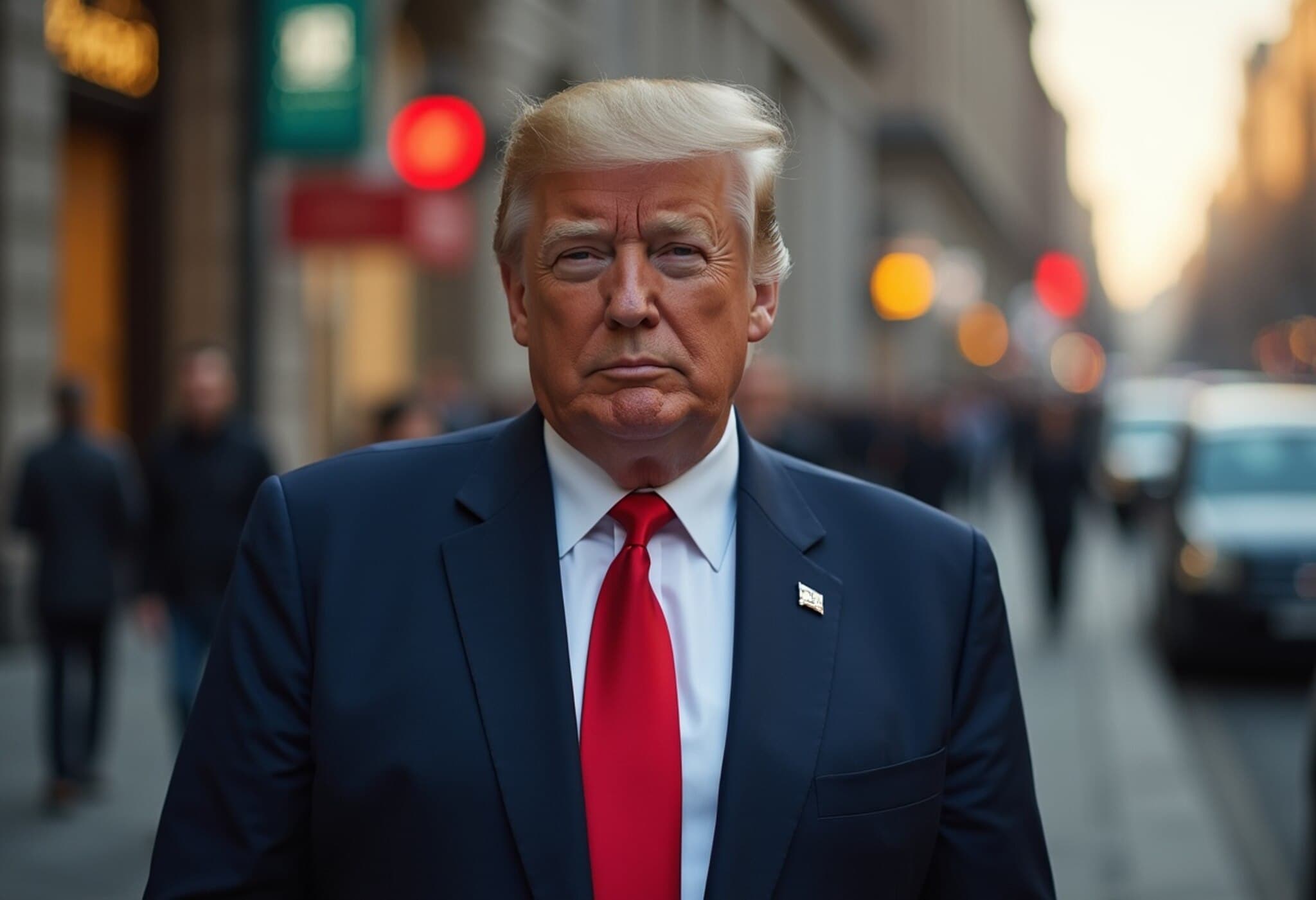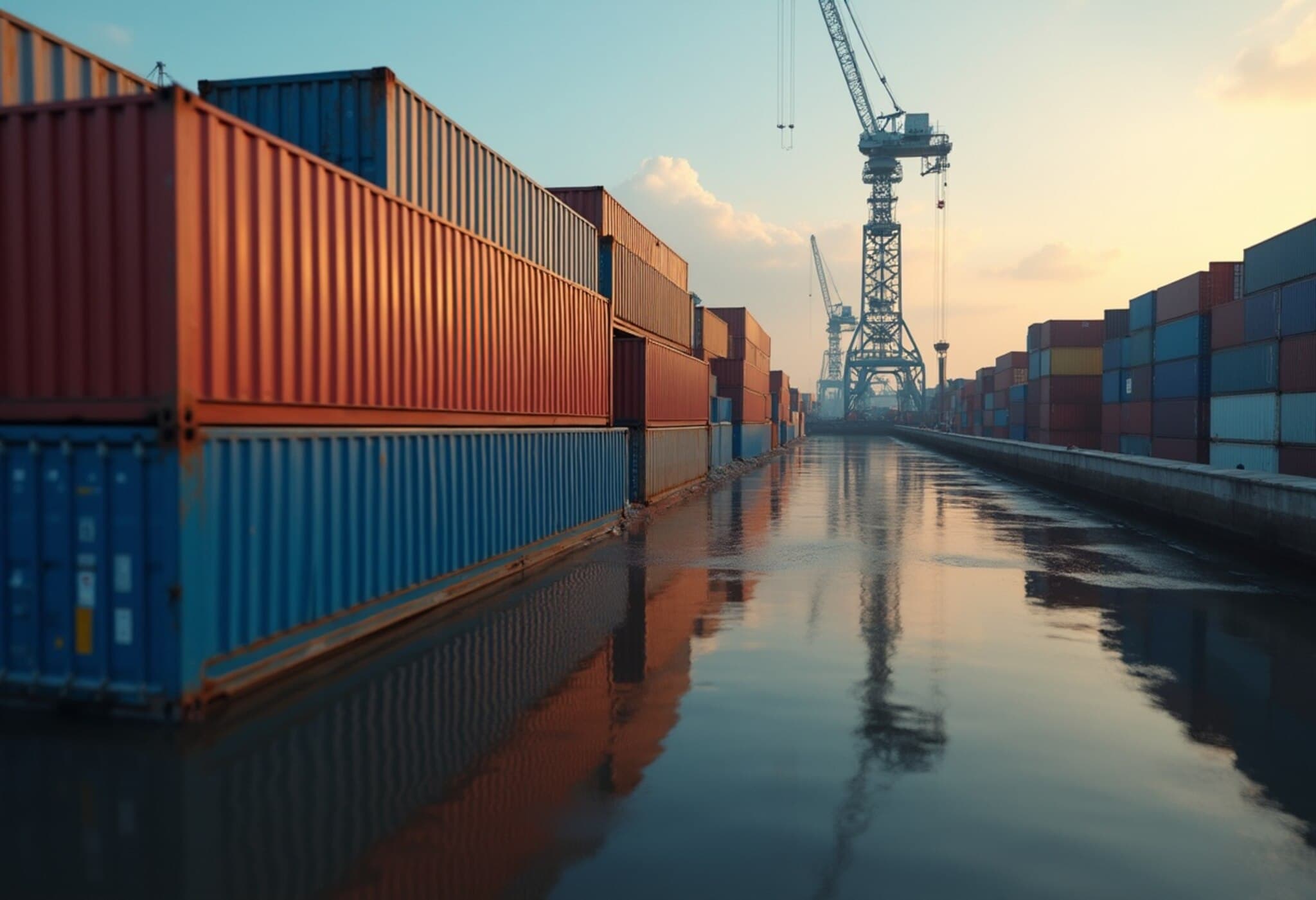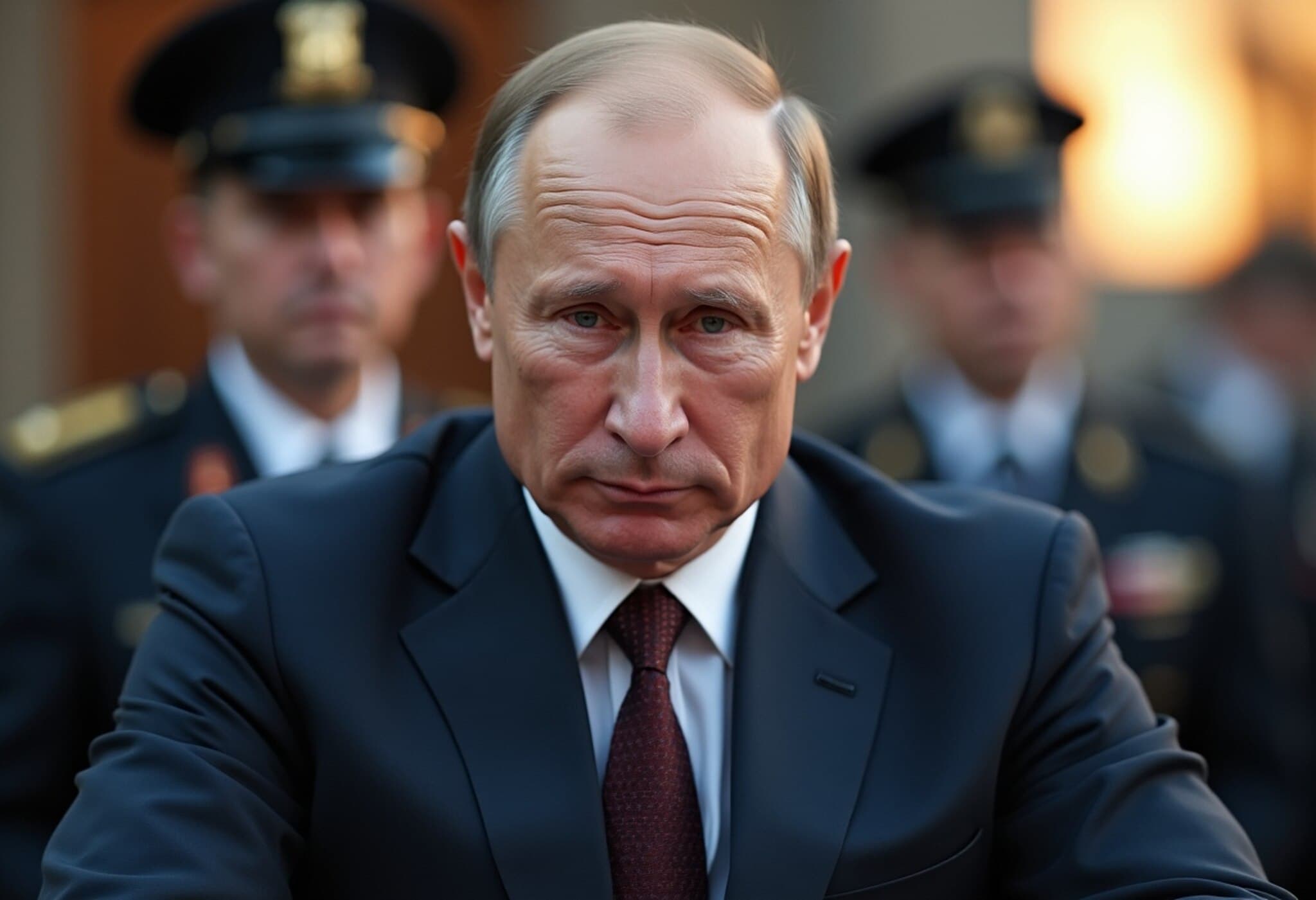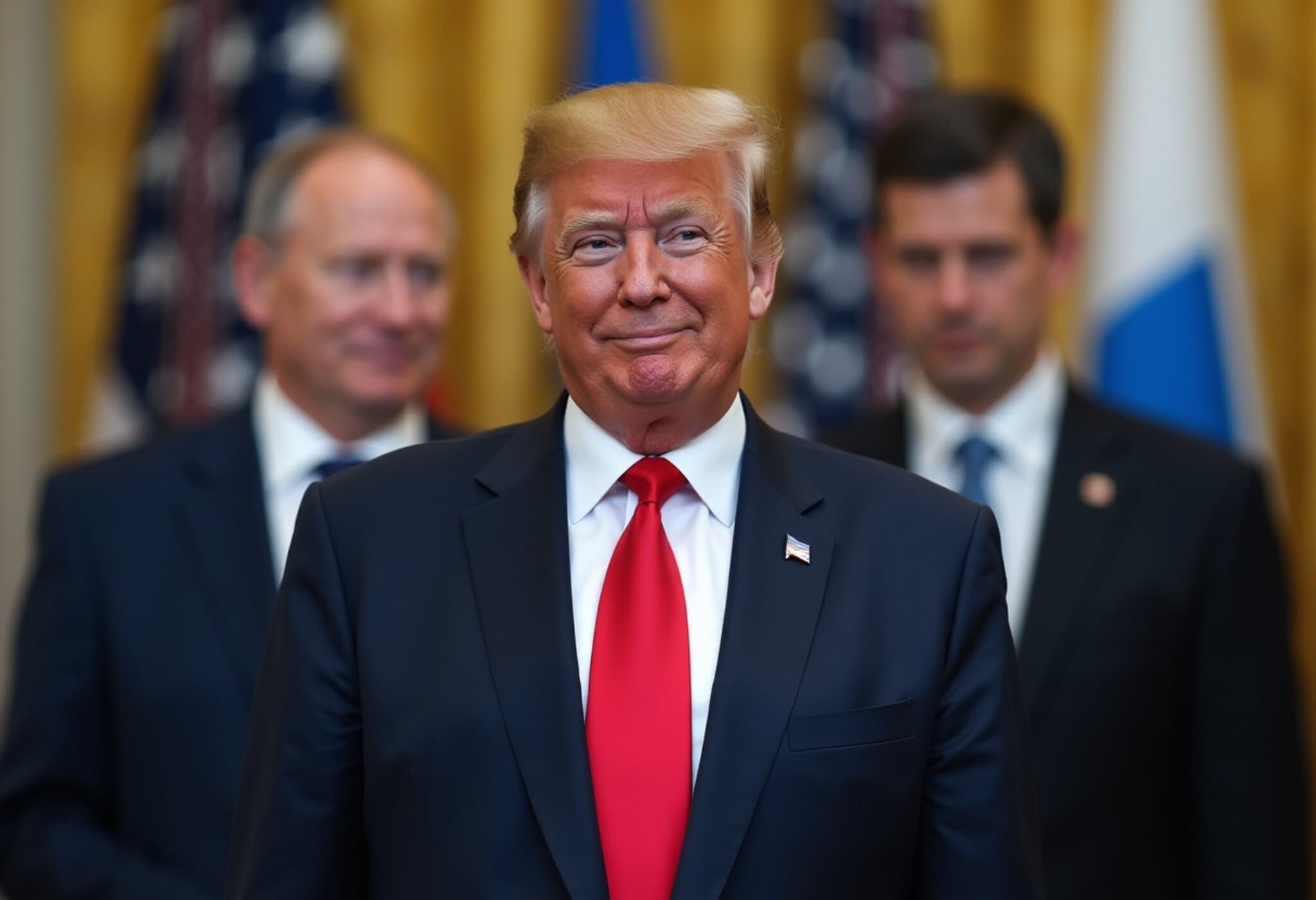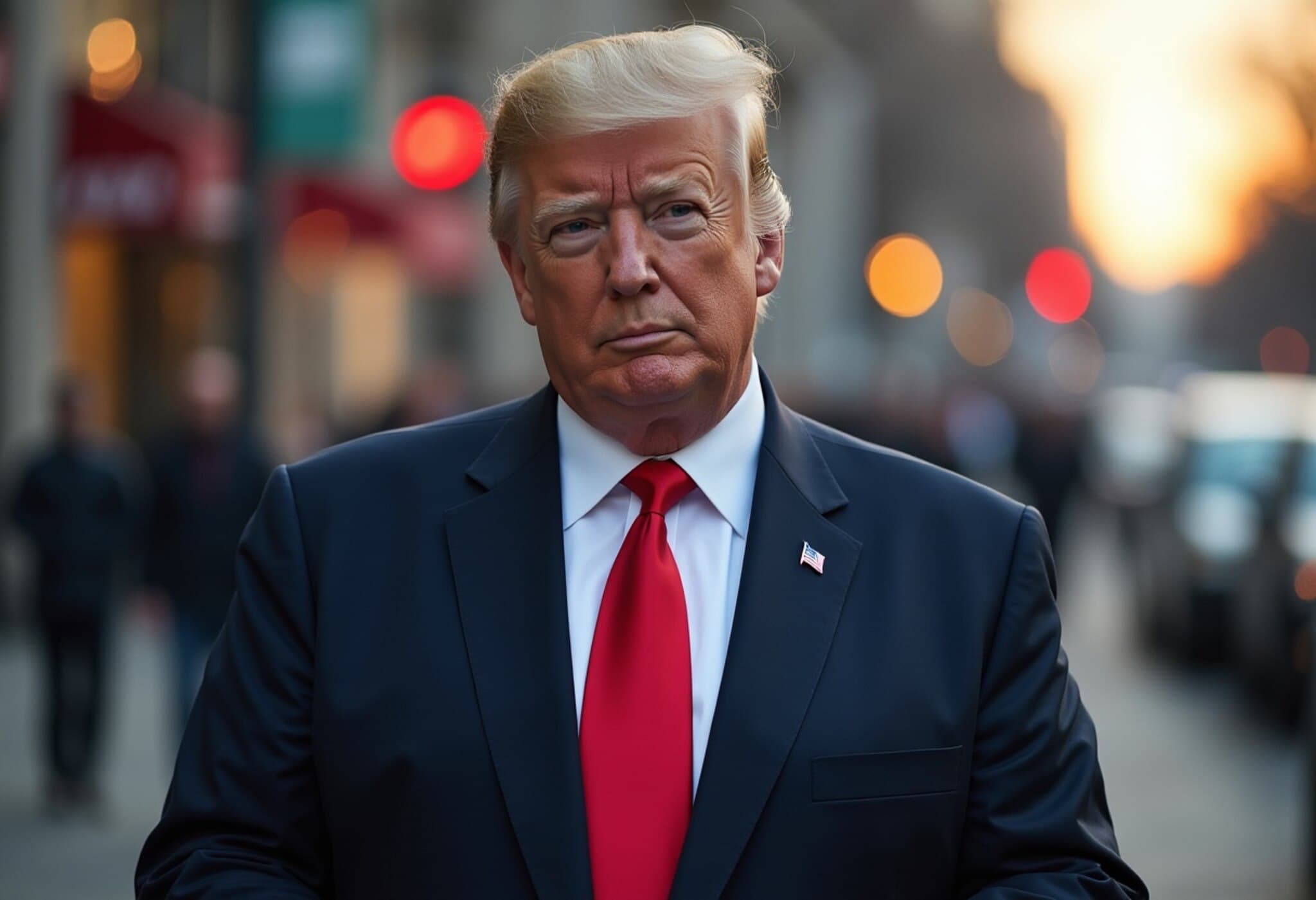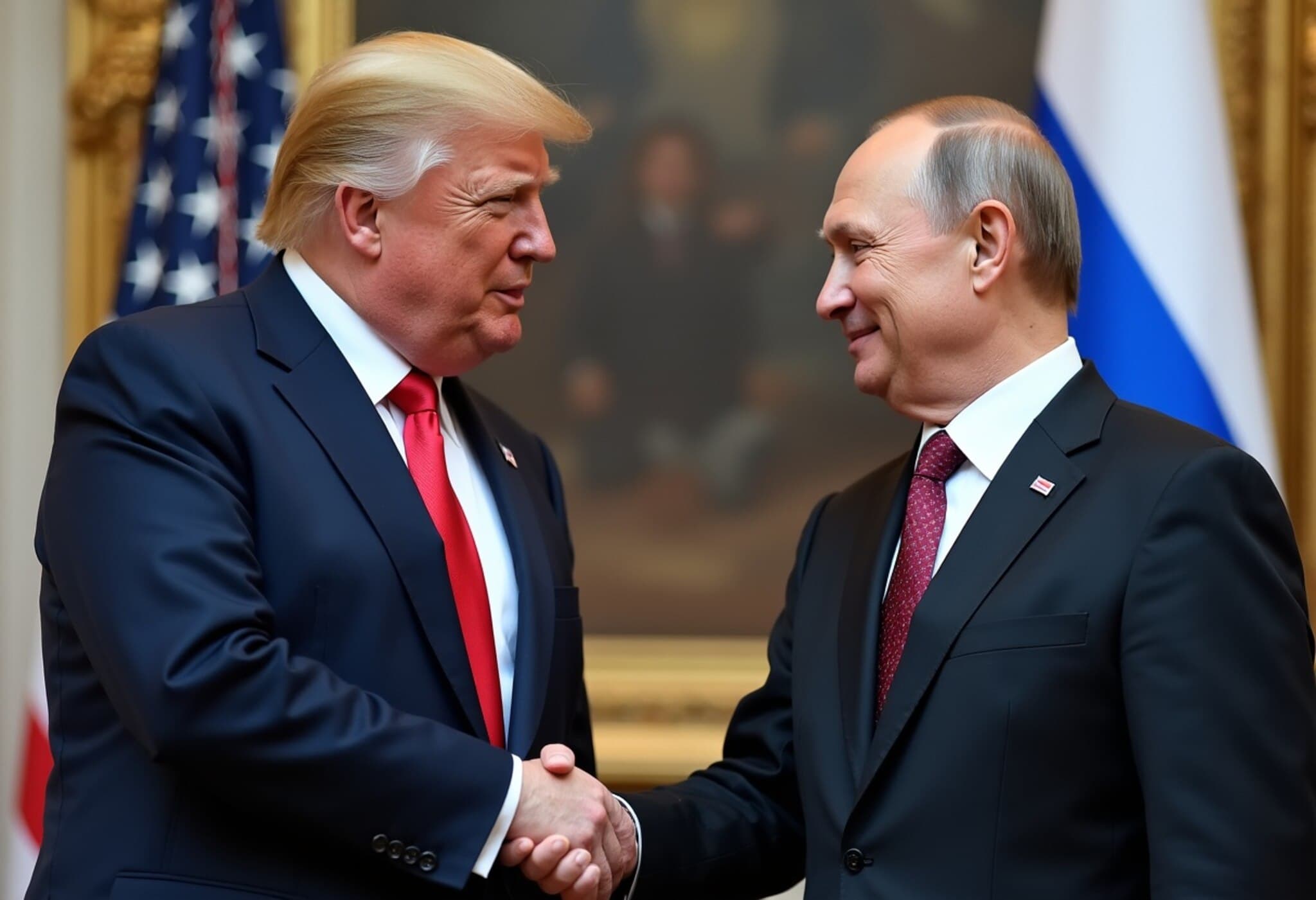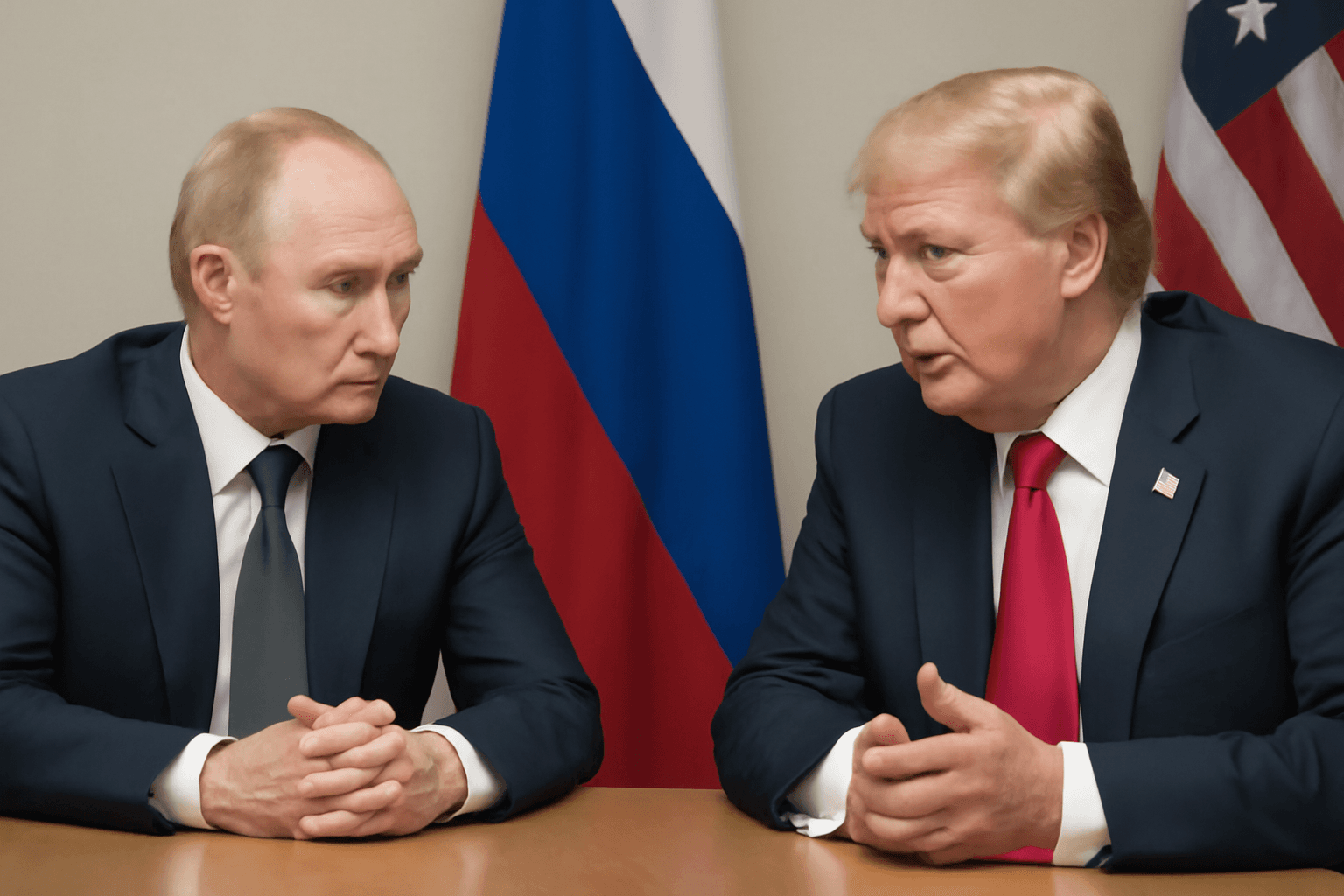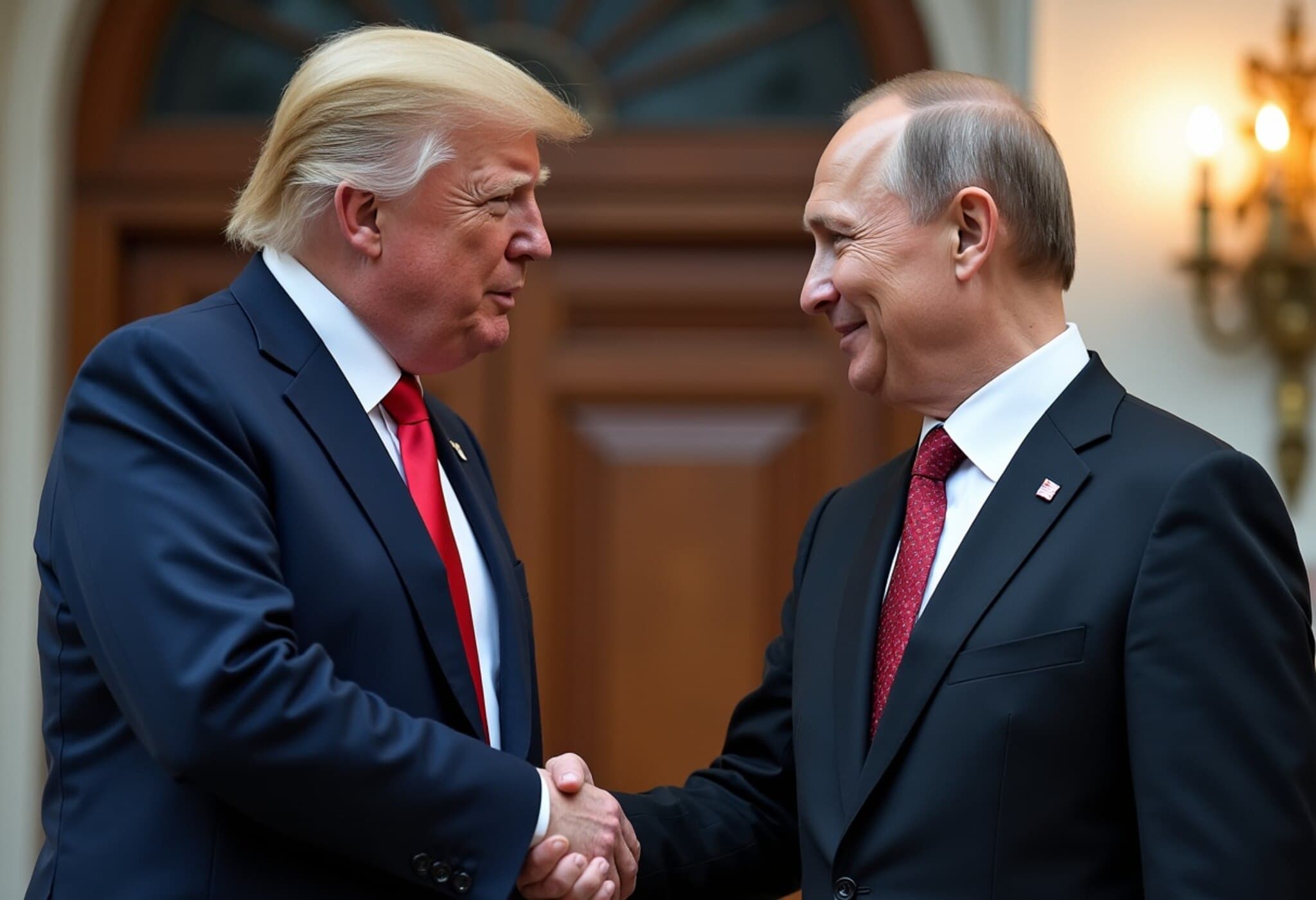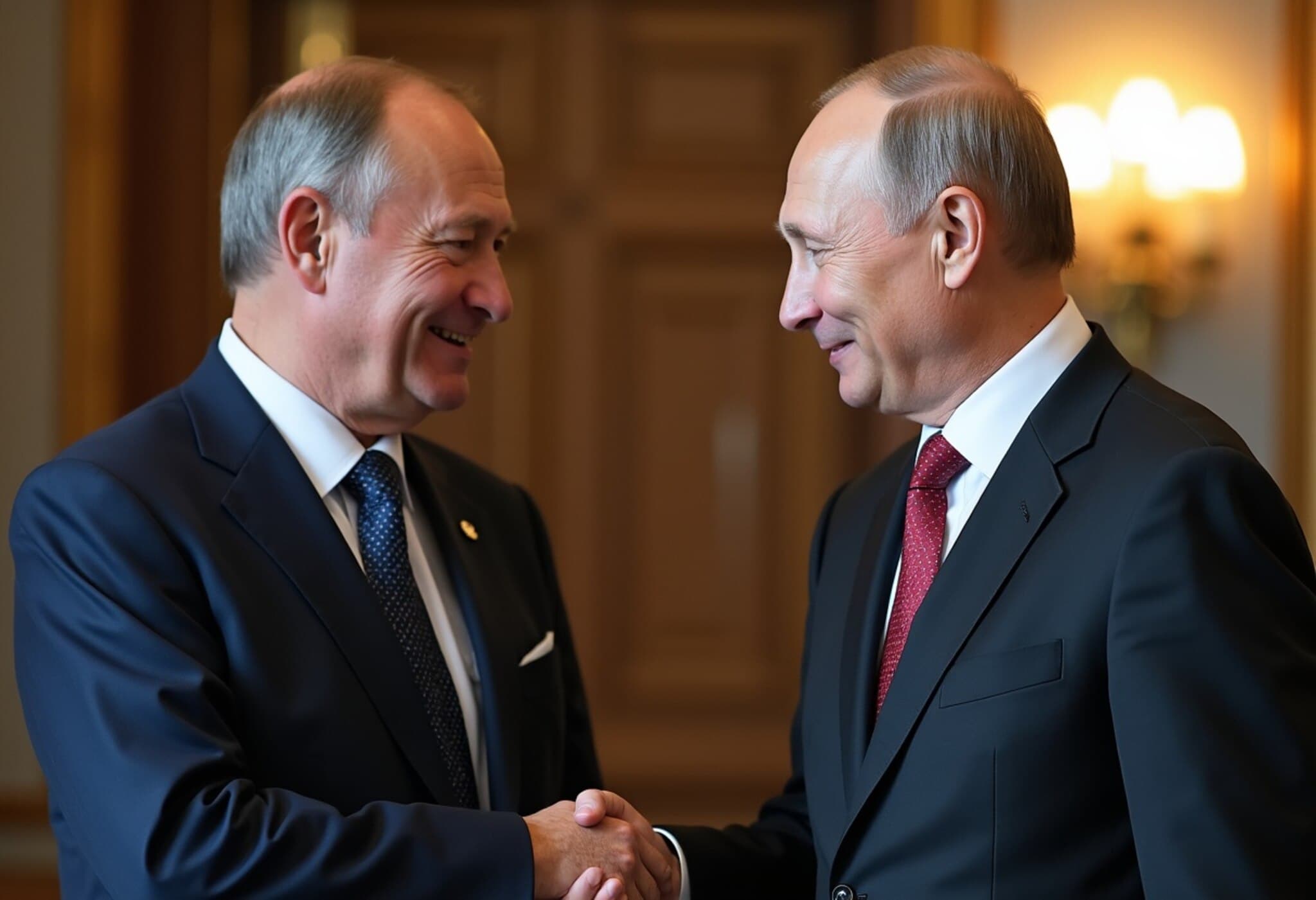US Special Envoy Steve Witkoff Arrives in Moscow as Ceasefire Deadline Looms
As pressure mounts on the ongoing conflict in Ukraine, US President Donald Trump’s special envoy, Steve Witkoff, touched down in Moscow on August 6, 2025, with a high-stakes mission: to negotiate with Russian officials, potentially including President Vladimir Putin, for a ceasefire agreement. This visit arrives just days before Trump’s imposed deadline for peace talks expires, underscoring the fragile and complex diplomatic efforts underway.
India’s National Security Advisor Ajit Doval Also in Moscow: Coincidence or Calculated Timing?
Adding an extra layer of intrigue, India’s National Security Advisor (NSA) Ajit Doval is concurrently present in Moscow. Although Doval’s trip was scheduled independently prior to Witkoff’s arrival, speculation swirls about a possible meeting between the two top officials. Such a dialogue could serve as a critical conduit for managing the delicate geopolitical dynamics involving India’s close ties with both the US and Russia.
Understanding the Stakes: Trump’s Ceasefire Ultimatum and Potential Consequences
President Trump initially issued a 50-day ultimatum for Russia to agree to a ceasefire in its war on Ukraine, only to truncate it sharply to a 10-12 day window last month. With Putin’s ongoing military operations and no apparent inclination towards halting hostilities, this deadline faces a grim prospect for success.
Trump has warned of intensified economic consequences if Russia refuses to comply. This includes ramping up tariffs and sanctions against Russia and nations importing Russian oil. India, already subject to a 25% tariff by the US, faces the risk of even stiffer penalties due to its oil trade with Russia.
Putin’s Defiance: Calculated Strategy or Overconfidence?
Despite international pressure, Putin’s public statements convey a steadfast refusal to consider a ceasefire. In a pointed remark last week, he dismissed hopes for peace talks as "inflated expectations" and emphasized that halting Russian advances is the objective of its adversaries.
Sources familiar with Kremlin strategy cited by Reuters reveal Putin’s confidence stems from his belief that Russia is prevailing on the battlefield and that additional US sanctions would inflict limited damage. Importantly, the Kremlin appears to prioritize war objectives over appeasing Trump, with ambitions to fully capture Ukraine’s four eastern and southern provinces — Donetsk, Luhansk, Zaporizhzhia, and Kherson.
Could a Tactical Ceasefire Be on the Horizon?
Experts suggest that Putin might consider a tactical pause to regroup and rearm his forces—a move that could be brokered through Witkoff’s visit. Russia analyst Kseniya Kirillova from the Jamestown Foundation explained that for Putin, a temporary ceasefire would provide a valuable opportunity to enhance military capabilities and later resume the conflict under a new guise, such as accusing Ukraine of violating peace accords.
The Role of Steve Witkoff: A Diplomatic Bridge with Russia
Witkoff’s longstanding rapport with Putin and Russia positions him uniquely as a potential intermediary capable of influencing both sides. Should Putin sketch terms for a temporary ceasefire, Witkoff’s engagement with Trump could be pivotal in navigating the president’s response and deciding on the next steps.
What Role Might NSA Ajit Doval Play in Moscow?
While the potential meeting between Doval and Witkoff remains unconfirmed, Doval’s presence in Moscow is primarily associated with finalizing delivery of the S-400 air defense systems, a critical component of India’s strategic defense partnership with Russia. These deliveries have faced delays due to Russia's redirected resources toward the Ukraine conflict.
Additionally, discussions are expected to address the impacts of US tariffs on India-Russia trade ties. Given India’s balancing act between its strategic relations with Russia and growing economic ties with the US, Doval’s trip carries significant regional importance.
Geopolitical Implications and Underreported Angles
- India’s delicate diplomacy: India’s simultaneous engagement with the US and Russia highlights its challenging position amid global tensions, pressing it to finesse relations without alienating either superpower.
- Economic ripple effects: The threat of escalated US tariffs against countries importing Russian oil, notably India, could reshape international energy markets and global trade dynamics.
- War and media narratives: The nuanced roles of envoys like Witkoff demonstrate the complexities behind headline-grabbing conflict, reminding us that diplomacy often involves behind-the-scenes calculations.
Looking Ahead
With the ceasefire deadline mere days away, the world watches anxiously. Will Witkoff’s dialogue serve as a breakthrough, or merely a reprieve for renewed hostilities? Can India leverage this moment to balance its strategic partnerships amidst a geopolitical tug-of-war? These are questions that will shape international relations in the critical months ahead.
Editor’s Note: The concurrent visits of US envoy Steve Witkoff and Indian NSA Ajit Doval to Moscow underscore the intensifying diplomatic chess game surrounding the Ukraine crisis. While Trump's deadlines and sanctions ramp up pressure on Russia, Putin's defiance and strategic ambitions persist, highlighting the fragile nature of peace efforts. India’s balancing role, caught in a web of sanctions and defense deals, remains a story that demands closer attention. As events unfold, the intersection of military strategy, economic sanctions, and global diplomacy will continue to shape this pivotal chapter in 21st-century geopolitics.

